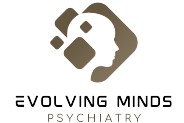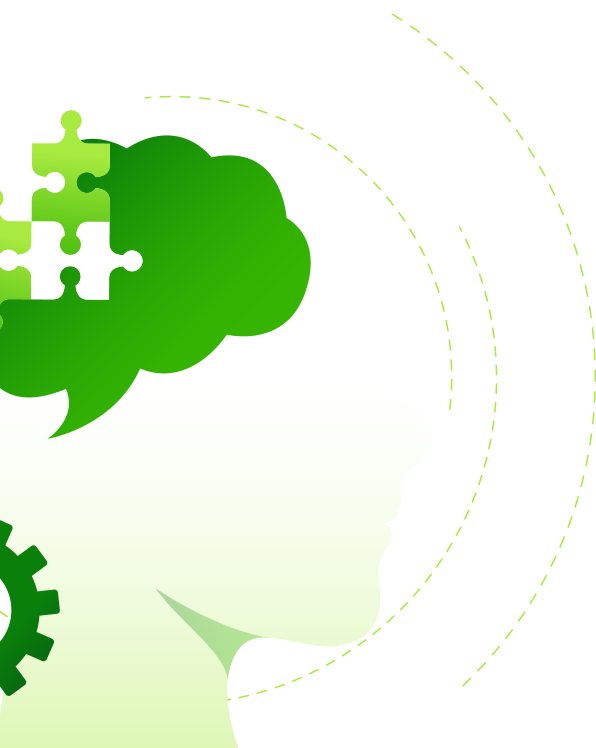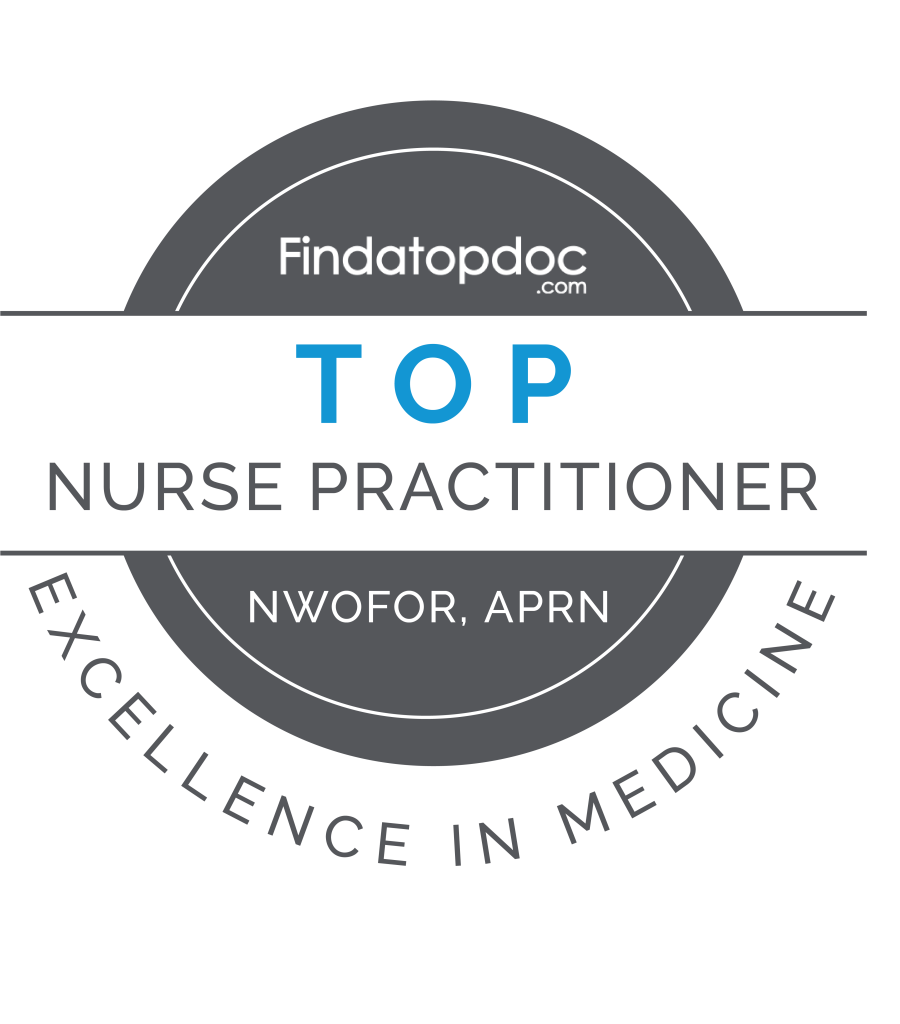
September 14, 2025
Omega-3 fatty acids are often celebrated for their heart health benefits, but did you know they also play a critical role in supporting your brain and mental wellness? From improving mood to enhancing focus, Omega-3s are an essential nutrient that your body cannot produce on its own — meaning you must get them from your diet or supplements. This post explores how Omega-3s impact mental health and why they may be the missing link in your journey to better emotional balance.
1. Understanding Omega-3 and Brain Function
Omega-3 fatty acids are healthy fats that are crucial for brain cell structure and communication. Two main types — EPA (eicosapentaenoic acid) and DHA (docosahexaenoic acid) — are found in fish and marine sources, while ALA (alpha-linolenic acid) comes from plant sources like flaxseeds. These fatty acids help regulate neurotransmitters such as dopamine and serotonin, which directly influence mood, memory, and emotional well-being.
2. Omega-3 and Depression
Research consistently shows a link between low Omega-3 intake and higher risks of depression. Clinical studies have found that individuals supplementing with Omega-3 — especially EPA — often experience reduced depressive symptoms. While Omega-3 is not a replacement for therapy or medication, it can serve as a supportive tool in comprehensive mental health care.
3. Anxiety and Cognitive Benefits
Omega-3s don’t just help with depression; they’ve also been linked to lowering anxiety levels. Adequate intake has been associated with reduced stress response and improved cognitive flexibility. Additionally, DHA supports memory, focus, and overall brain development — making Omega-3s important across all stages of life.
4. How to Get Enough Omega-3
- Diet: Eat fatty fish such as salmon, mackerel, sardines, or tuna at least twice a week.
- Plant Sources: Incorporate chia seeds, flaxseeds, and walnuts for ALA Omega-3.
- Supplements: Fish oil or algae-based supplements are convenient options, especially if you don’t consume seafood. Always consult with a healthcare provider before starting supplements.
Conclusion
Omega-3 fatty acids are more than just heart-healthy fats — they’re essential for emotional balance, focus, and long-term brain health. If you’re struggling with mood swings, anxiety, or memory issues, addressing your Omega-3 intake could be an important step.
👉 At Evolving Minds Psychiatry, we believe in holistic care that looks at both your body and mind. Contact us today to learn how personalized treatment and nutritional guidance can support your mental wellness journey.





